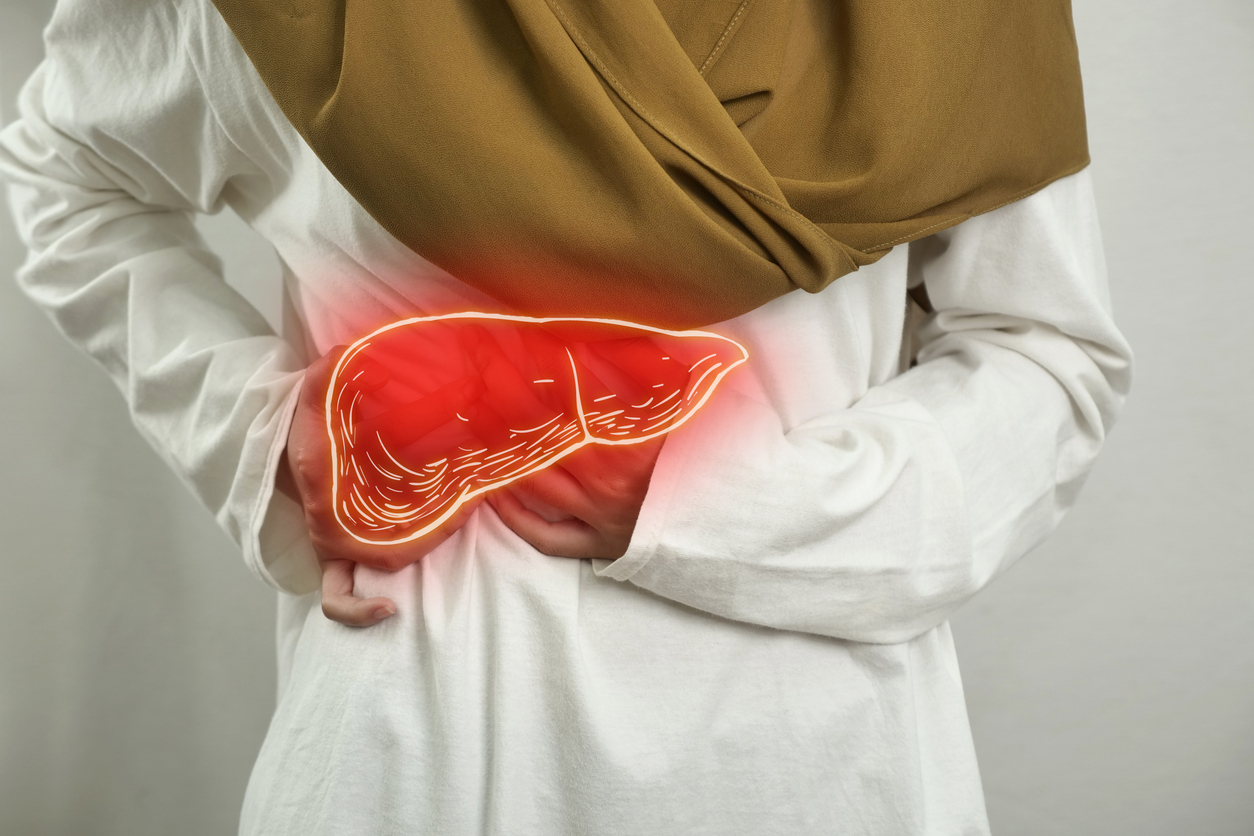2025-11-05
Do vitamins protect against or promote prostate cancer? a matter of source and dosage
Oncology
By Lila Rouland | Published on November 5, 2025 | 3 min read
Prostate cancer (PCa) is the fifth leading cause of cancer-related death among men worldwide. While traditional risk factors (age, ethnicity, metabolic syndrome) are well established, the role of vitamins in prostate cancer prevention remains controversial. Some studies suggest a protective effect, while others indicate an increased risk depending on the form and amount of intake.
This cross-sectional study, based on NHANES data from 14,977 American men aged 18 years and older, evaluated the association between the intake of 10 vitamins (A, B1, B2, B6, B9, B12, C, D, E, K)—from diet or supplements—and the risk of prostate cancer.
Multivariate analysis, adjusted for several confounding factors (age, BMI, socioeconomic status, comorbidities), revealed contrasting relationships between certain vitamins and PCa risk depending on their mode of consumption.
A high intake of retinol (dietary vitamin A) was significantly associated with an increased risk of PCa (OR = 1.76; p = 0.027). Spline curve analyses showed nonlinear relationships between dietary intake of vitamins A, B6, B12, and C and PCa risk, suggesting that effects vary according to dose.
In contrast, B-group vitamins, particularly in supplemented form, appeared to exert a protective effect:
These protective effects may be explained by the B vitamins’ role in DNA methylation, cellular repair, and androgen pathway modulation. The study also identified an interaction between age and the protective effects of vitamin B12, which were more pronounced in men aged 18–59 years.
Conversely, no significant associations were found between PCa risk and vitamins C, D, E, or K, whether from food or supplements, despite experimental data suggesting potential anticancer effects.
This study suggests that excess dietary retinol may increase prostate cancer risk, whereas supplementation with vitamins B1, B2, B9, and B12 could have a preventive effect. These findings support the idea that both the source and form of vitamin intake influence their biological impact.
However, the authors note several methodological limitations: the cross-sectional design (no causal inference possible), potential recall bias in dietary reporting, and heterogeneity in dosage and duration of exposure. Additionally, some associations lost significance after adjustment, indicating that large-scale randomized clinical trials are needed to confirm these results.
Looking forward, an integrated approach combining precise nutritional data, biological analyses (serum vitamin levels), and long-term follow-up will help clarify the role of vitamins in prostate cancer prevention and guide personalized nutritional recommendations, particularly for at-risk populations.
About the author – Lila Rouland
With dual expertise in science and marketing, Lila brings her knowledge to the service of healthcare innovation. After five years in international academic research, she transitioned into medical and scientific communication within the pharmaceutical industry. Now working as a medical writer and content developer, she is committed to highlighting scientific knowledge and conveying it to healthcare professionals with clarity and relevance.
Prostate cancer (PCa) is the fifth leading cause of cancer-related death among men worldwide. While traditional risk factors (age, ethnicity, metabolic syndrome) are well established, the role of vitamins in prostate cancer prevention remains controversial. Some studies suggest a protective effect, while others indicate an increased risk depending on the form and amount of intake.
This cross-sectional study, based on NHANES data from 14,977 American men aged 18 years and older, evaluated the association between the intake of 10 vitamins (A, B1, B2, B6, B9, B12, C, D, E, K)—from diet or supplements—and the risk of prostate cancer.
A fragile balance: not all vitamins act the same against cancer
Multivariate analysis, adjusted for several confounding factors (age, BMI, socioeconomic status, comorbidities), revealed contrasting relationships between certain vitamins and PCa risk depending on their mode of consumption.
A high intake of retinol (dietary vitamin A) was significantly associated with an increased risk of PCa (OR = 1.76; p = 0.027). Spline curve analyses showed nonlinear relationships between dietary intake of vitamins A, B6, B12, and C and PCa risk, suggesting that effects vary according to dose.
In contrast, B-group vitamins, particularly in supplemented form, appeared to exert a protective effect:
- Vitamin B1: supplementation associated with a 62% risk reduction (OR = 0.38; p = 0.036).
- Vitamin B2: supplementation associated with a 65% reduction (OR = 0.35; p = 0.016).
- Vitamin B9 (folic acid): supplementation associated with a 35% reduction (OR = 0.65; p = 0.049).
- Vitamin B12: both supplementation (OR = 0.83; p = 0.030) and total intake (OR = 0.82; p = 0.037) were significantly linked to reduced risk.
These protective effects may be explained by the B vitamins’ role in DNA methylation, cellular repair, and androgen pathway modulation. The study also identified an interaction between age and the protective effects of vitamin B12, which were more pronounced in men aged 18–59 years.
Conversely, no significant associations were found between PCa risk and vitamins C, D, E, or K, whether from food or supplements, despite experimental data suggesting potential anticancer effects.
Nutritional strategies: targeting the right vitamins to reduce risk
This study suggests that excess dietary retinol may increase prostate cancer risk, whereas supplementation with vitamins B1, B2, B9, and B12 could have a preventive effect. These findings support the idea that both the source and form of vitamin intake influence their biological impact.
However, the authors note several methodological limitations: the cross-sectional design (no causal inference possible), potential recall bias in dietary reporting, and heterogeneity in dosage and duration of exposure. Additionally, some associations lost significance after adjustment, indicating that large-scale randomized clinical trials are needed to confirm these results.
Looking forward, an integrated approach combining precise nutritional data, biological analyses (serum vitamin levels), and long-term follow-up will help clarify the role of vitamins in prostate cancer prevention and guide personalized nutritional recommendations, particularly for at-risk populations.
Read next: Plant-based diets and disease progression in men with prostate cancer
About the author – Lila Rouland
Doctor of Oncology, specialized in Biotechnology and Management

Last press reviews
Liver, sugar, and pills: who's in control?

By Ana Espino | Published on February 4, 2026 | 3 min read<br>
Endometrial cancer: Is PARP bringing new hope?

By Ana Espino | Published on February 3, 2026 | 3 min read<br>
